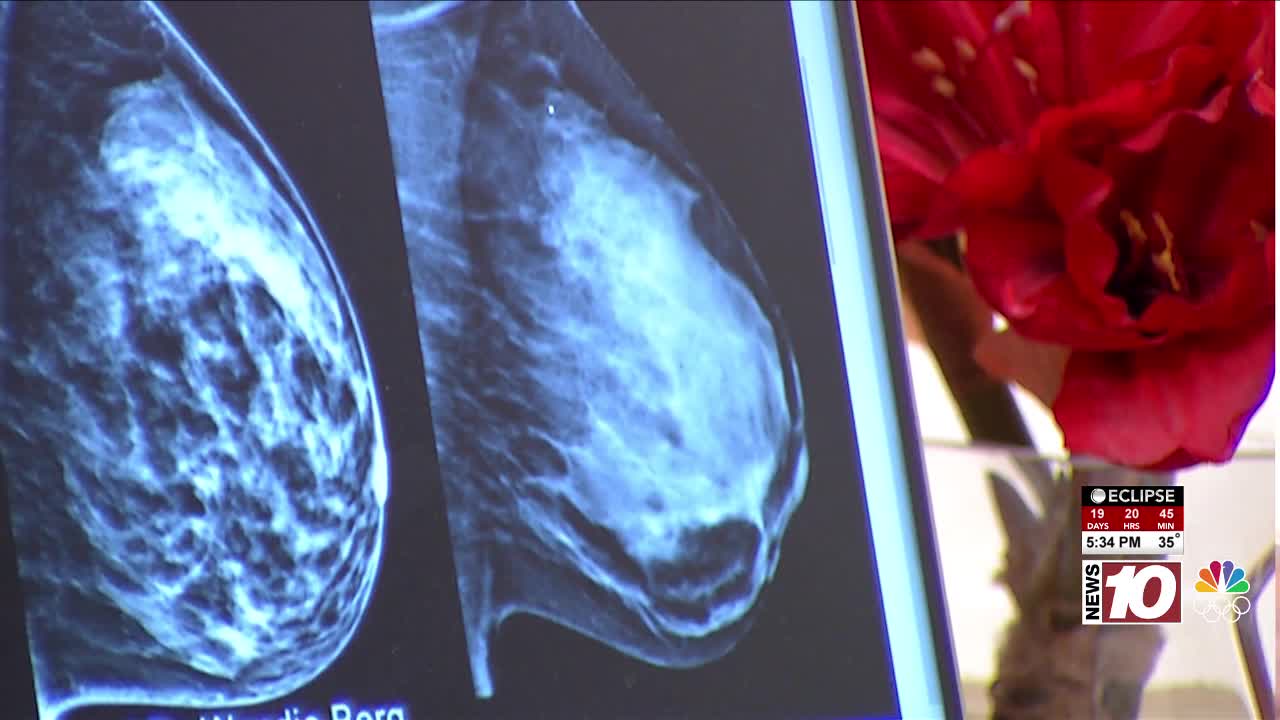Deanna’s Discoveries: What is breast cancer risk assessment?

ROCHESTER, N.Y. – Olivia Munn’s mammogram missed her cancer because she has dense breast tissue. But despite that clear mammogram her doctor ordered more testing. That’s because her doctor had done a breast cancer risk assessment, and she knew Olivia was at high risk.
On Tuesday News10NBC met a woman whose doctor also did a risk assessment more than a decade ago and that additional screening may have saved her life.
Amy long is doing great. She’s healthy and strong three years after a mammogram revealed she had breast cancer.
“I knew right away I was having a double mastectomy because my mom having it previously. I wasn’t taking any chances.”
Amy’s mother and sister had breast cancer.
Deanna Dewberry: “So all three of you have had breast cancer but no genetic mutations as far as you know?
Amy Long: “None we had the testing and everything came back showing nothing.”
But Amy already knew she was at high risk for developing the disease. That’s because more than a decade ago her doctor did something that likely saved her life. She used a breast cancer risk assessment tool.
Amy Long: “Yeah immediately she said your assessment, your history, you’re definitely a high risk:”
Dr. Lori Medeiros, executive director of breast services at Rochester Regional Health.: “Breast cancer risk assessment tools are very useful before you have cancer.”
Dr. Medeiros: “And we use this for all our patients that come through the door with any breast symptom, is to kind of stratify how we’re going to be doing their imaging moving forward and even their screening regimen moving forward.”
In Amy’s case, because she’s high risk, Dr. Medeiros mandated a regimen that required Amy get a mammogram as well as an MRI every year.
Deanna Dewberry: “If your doctor hasn’t offered doing a screening, should you ask your doctor hey, can we do a risk assessment?”
Dr. Medeiros: Yeah, I think it’s really important to be aware of what your family history is.”
Many breast screening clinics do a breast cancer risk assessment for every patient who walks through the door for a mammogram. And knowing you’re at high risk then mandates more screening that could be lifesaving.